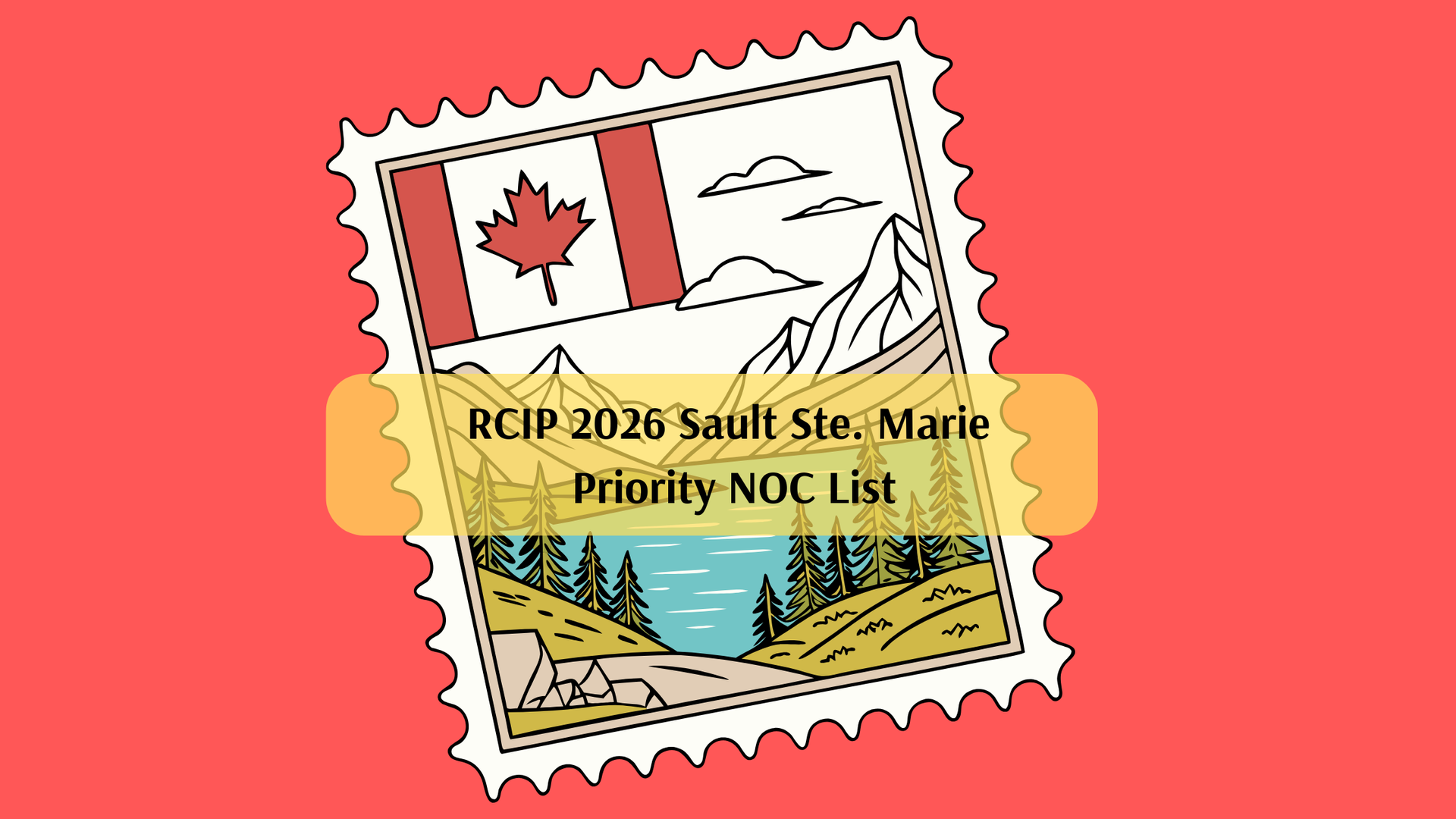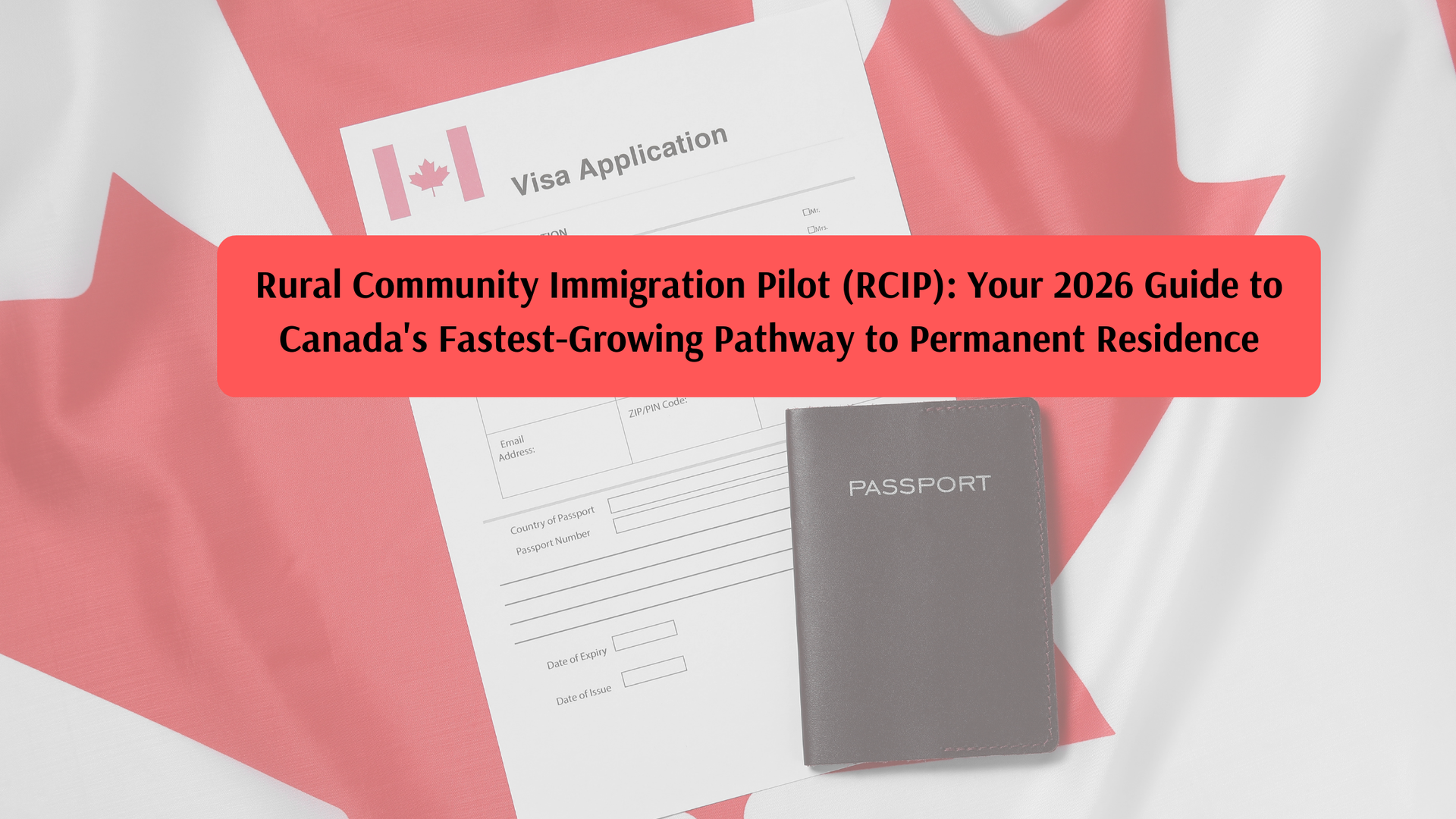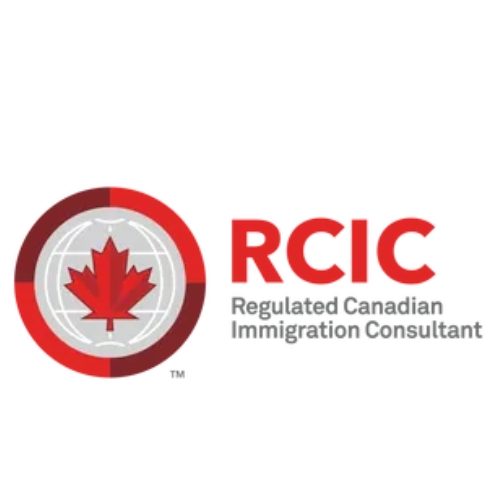Understanding the Work Experience Requirements for Rural Community Immigration Class (RCIC) and Permanent Residence Applicants
If you’re applying for permanent residence in Canada through a genuine offer of employment, one of the most important factors to consider is whether you meet the required work experience criteria. The work experience requirements differ depending on the TEER (Training, Education, Experience, and Responsibilities) category of the job offer. Let’s break down what these requirements are and how they impact your application.
Work Experience Requirements by TEER Category
TEER Category 0 (Managerial Occupations):
- You must have work experience in TEER Category 0, 1, 2, or 3.
TEER Category 1 (Professional Occupations):
- You must have work experience in TEER Category 0, 1, 2, or 3.
TEER Category 2 (Technical Occupations):
- You must have work experience in TEER Category 1, 2, 3, or 4.
TEER Category 3 (Skilled Trades):
- You must have work experience in TEER Category 2, 3, or 4, unless otherwise stated.
TEER Category 4 (Intermediate Occupations):
- You must have work experience in TEER Category 2, 3, or 4, unless otherwise stated.
TEER Category 5 (Labour Occupations):
- You must have work experience in the same National Occupational Classification (NOC) unit group as the offer.
Criteria for Acceptable Work Experience
For your work experience to be considered valid for the permanent residence application, it must meet several specific conditions:
- Continuous Work: You must have worked for at least
one year of full-time work or the
equivalent in part-time work in an occupation listed in the National Occupational Classification (NOC).
- Recent Experience: Your work experience must have been acquired in the
three years preceding your application for permanent residence.
- Relevant Duties: The work you performed must include the
main duties of the occupation as outlined in the NOC. This includes a substantial number of the duties mentioned in the NOC’s occupational descriptions.
- Third-Party Employment: Work experience gained must be in the employ of a third party, unless the experience was gained as a medical practitioner practicing within the jurisdiction where it was obtained.
- Authorized Work in Canada: If you gained your work experience in Canada, it must have been while you were
authorized to work in Canada under the regulations, with temporary resident status.
Specific Work Experience Scenarios
1. Nursing Work Experience
If your work experience is in the nursing field, there’s an exemption for applicants who have at least one year of full-time work experience in a nursing-related occupation. Specifically, this applies if you worked in occupations corresponding to unit group 31301 of the NOC, and you have a genuine job offer in occupations corresponding to unit group 33102 or 44101 of the NOC.
2. International Graduate Exemption
If you are an international graduate who has obtained an eligible credential from a Canadian post-secondary institution, you may be exempt from the work experience requirement under certain conditions. To qualify for this exemption:
- You must have been enrolled full-time throughout your program.
- Your eligible credential must have been obtained within 18 months of applying for permanent residence.
- You must have been physically present in the designated community where the employment is located for the duration of your program (with specific exceptions for master’s or doctoral programs).
What Is an Eligible Credential?
An eligible credential refers to a degree, diploma, certificate, trade credential, or apprenticeship credential issued by a Canadian public post-secondary institution in the designated community where the employment is located. To be eligible:
- The applicant must have had temporary resident status during their studies and been authorized to study.
- Certain credentials, such as those from programs focused on English/French as a second language or those received through distance learning, are excluded.
Final Thoughts
Meeting the work experience requirements for permanent residence in Canada can be a complex process, but understanding the criteria based on TEER categories and your specific situation can make it more manageable. Whether you're a skilled worker with experience in a technical occupation or an international graduate, ensuring that your work experience aligns with the National Occupational Classification standards is essential for a successful application.
If you're unsure about how your work experience fits into the criteria or need assistance navigating this process, consulting with a Regulated Canadian Immigration Consultant (RCIC) can help guide you through the requirements and improve your chances of success.








